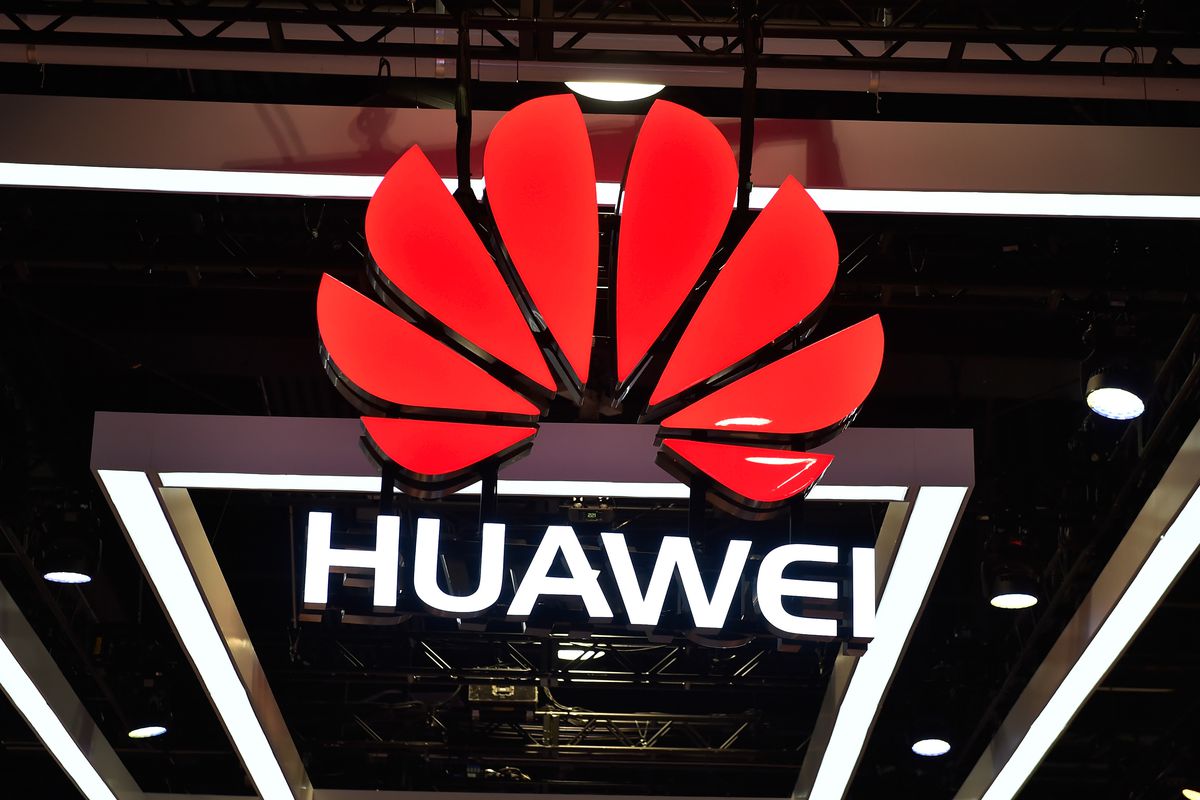The far-reaching effects of Huawei’s woes
Championing the banning of Huawei from doing business anywhere in the West, even if it means putting the enterprise out of business, is an apparent priority of the US Secretary of State, Mr. Mike Pompeo. America’s motivation for stopping Huawei may not agree with China’s interpretation of the rationale for the US action, but it […]

Championing the banning of Huawei from doing business anywhere in the West, even if it means putting the enterprise out of business, is an apparent priority of the US Secretary of State, Mr. Mike Pompeo. America’s motivation for stopping Huawei may not agree with China’s interpretation of the rationale for the US action, but it doesn’t matter anymore. The message the world is hearing is that Huawei can’t be trusted because it is a de facto agent of the Chinese government. No more, no less. The truth perhaps lies somewhere between America’s claims and China’s interpretation.
Incidentally, it is not just the US that is skeptical of Huawei – Australia, New Zealand, Japan, and others have come to the same conclusion as the US, and have independently instituted policies that ban doing business with Huawei. Even Huawei’s former buddies, mostly in the former Eastern European block, seem to be on the verge of turning their back against a once-dependable supplier. Not minding the historical ties between the US and the United Kingdom (UK), for example, the latter has been somewhat reluctant to toe the line of the former in matters concerning Huawei. However, there was apparent consolidation of the relationship between the two countries in France last week – on the occasion of the 75th Anniversary of the Second World War D-Day, during which the US, UK, and Canada saved France from Nazi Germany, losing almost fifteen thousand military people. At the event, these four countries reminded each other that they are one and the same people, with a mission to protect each other. With such an apparently solid heritage, it is almost certain that the UK will eventually dump Huawei the way America wants it to.
However, the effects of Huawei’s predicament is far-reaching, easily going beyond the US and China. This is a testament to the results of the company’s aggressive business processes. Huawei has methodically penetrated the world’s Information and Communications Technology (ICT) landscape and, by doing so, made itself very valuable and difficult-to-throw-away-with-careless-abandon. As a result of Huawei’s penetration, many countries may experience negative impacts of the tussle between the US and China, with Huawei sandwiched in-between.
Take South Korea as an example. The Korea Joongang Daily newspaper of 8 June 2019 says that “the trade war between the United States and China is having an even bigger impact on the Korean economic growth as DRAM chip prices take a hit.” DRAM, or Dynamic Random-Access Memory, is the familiar computer chip with a memory that stores the data representing the instructions that are given to the computer to carry out. The chips are made of materials known as semiconductors. The newspaper quotes a DRAMeXchange report that “heated U.S.-China trade war may send demand in the second half of this year into quick-freeze, with the increasingly looming uncertainty compelling data centers to make reductions to capital expenditures (capex).”
Another set of Huawei’s customers that would be affected comprises of companies that have developed business relationship with Huawei over the years. For example, a country like New Zealand was reportedly supported by Huawei and ZTE for the infrastructure used for the country’s 4G network. Abandoning the relationship in favor of new suppliers ( for 5G) will certainly have financial implications. Many companies in Europe will probably fall into this category as well.
It was exactly two weeks ago today that Google announced it would block Huawei’s future access to Android updates, meaning that people using Huawei phones would not be able to access Google Maps, YouTube, Chrome browser, Google Docs, Gmail, and Google Search; as well as the zillions of third-party apps in Google Store. As no one wants to buy a smartphone without access to these tools, Huawei’s future in the smartphone business will be significantly affected.
However, according a news report late last week by the Financial Times, Google is arguing that cutting Huawei off the way the US government has instructed could in fact threaten US security! This is because Huawei would otherwise be forced to fork Android into a “hybrid” version that would be “more at risk of being hacked, not least by China.” The argument is that with Huawei’s unsecure version of Android, somebody in the US could unknowingly send sensitive information to somebody who is using one of those hacked Huawei phones. Notwithstanding end-to-end encryption, if a smartphone harbors malware, the risk is there that phone could see information sent to it, with the realization that most people don’t check to find out the phones to which they are sending messages.
Google’s argument sounds like tongue in cheek, but we have to realize that Google has a financial stake in this Huawei shutdown saga.
